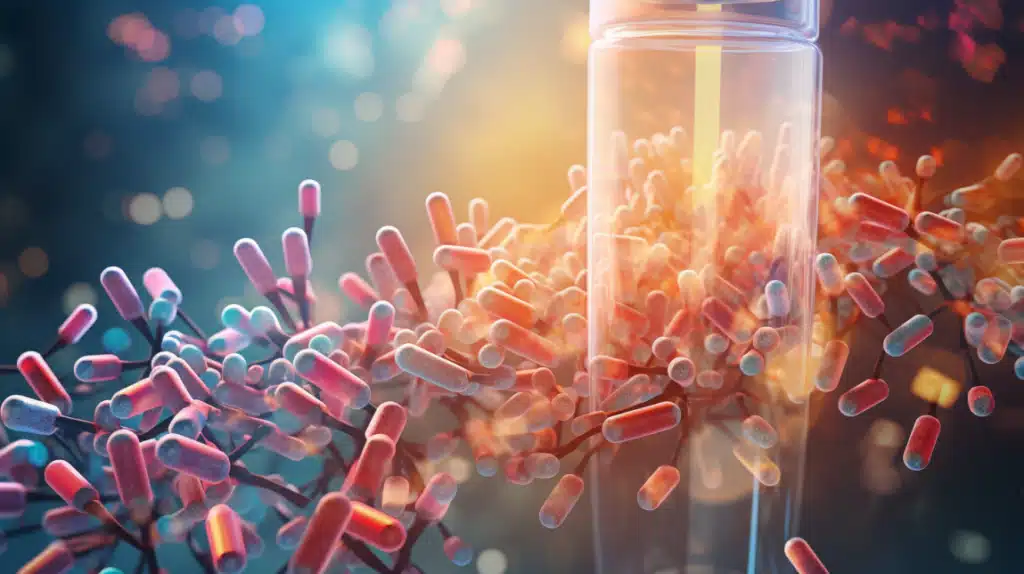Escitalopram (Lexapro) Normalizes Brain Connectivity in Major Depression (2024 Study)
Major Depressive Disorder (MDD) significantly alters the brain’s network connectivity, with disturbances in the default mode network (DMN), salience network (SN), and dorsal attention network (DAN). A new study reveals how escitalopram, a common antidepressant, can partially reverse these abnormalities, offering insights into the biological underpinnings of its therapeutic effects. This research deepens our understanding …






